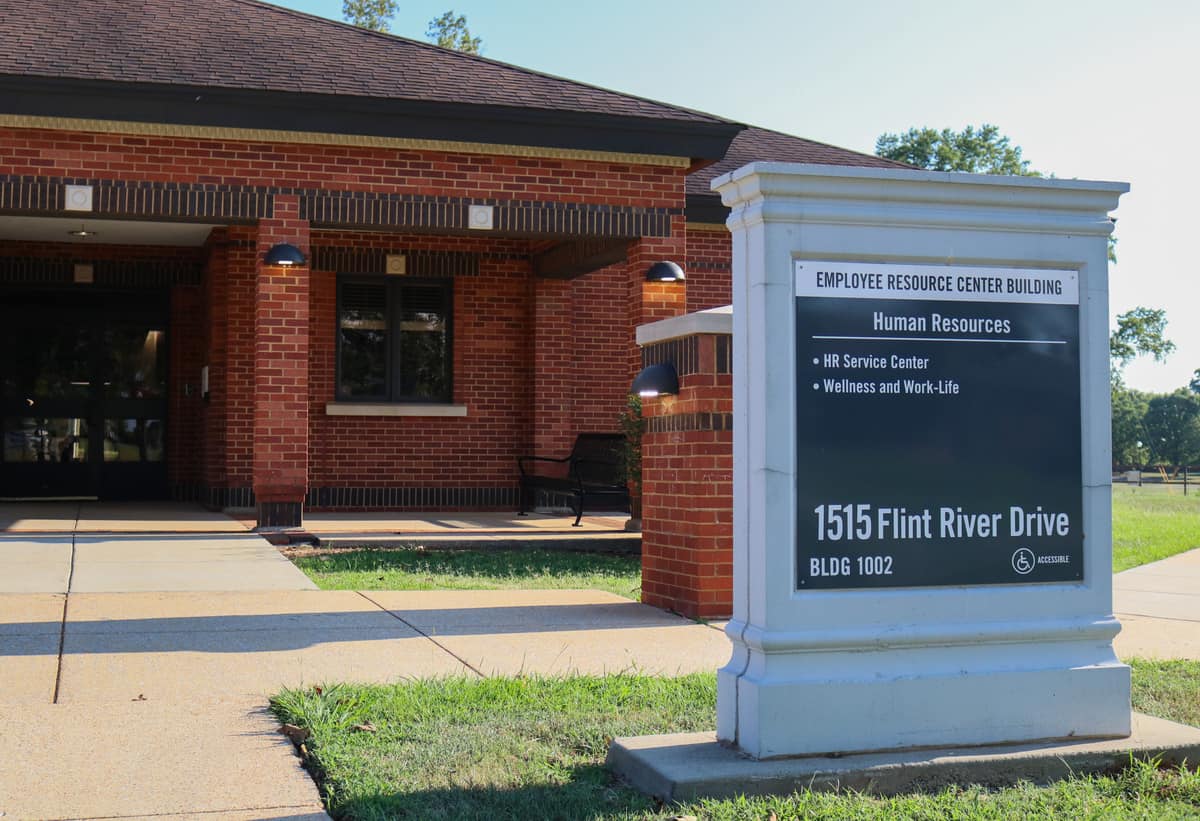Employer-sponsored health insurance is a horrific and costly policy failure, but the only thing worse than relying on your employer for health insurance is not having health insurance at all.
A 2019 report by the think tank People’s Policy Project found that every year, 28% of people with an employer-sponsored health care plan end up changing plans. This could mean they changed employers and health care plans, switched to a plan that wasn’t sponsored by their employer, or lost their job and their insurance.
Living without health insurance, even for just a short time, can be catastrophic. The Kaiser Family Foundation reports that 100 million Americans have health care debt, with a nationwide total of $195 billion. Because of this, many Americans are justifiably terrified of losing their employer-sponsored health insurance.
According to a 2021 Gallup poll, 1 in 6 workers are staying at their current job because of fears about losing their employer-sponsored health insurance. Across America, millions of employees are potentially forced to stay in abusive or unsafe work environments because they’ll lose their health insurance if they leave their job.
But even if having employer-sponsored health insurance is preferable to being uninsured, that doesn’t mean your employer offers good health insurance options, or even any options at all.
For example, The University of Alabama’s health insurance plans are often woefully inadequate and unavailable to many University employees.
Graduate employees, adjunct instructors, and part-time employees are all denied access to the University’s subsidized health care plans. Student employees can access the student health insurance plan, but it’s both expensive and has a high deductible.
At the United Campus Workers of Alabama’s recent general meeting, one union member recounted how the plan they accessed through the Affordable Care Act’s health insurance marketplace was shockingly better than the University’s student plan. Cynthia Hannold, an anthropology doctoral student, said she “stopped seeking help because I can’t afford to continue.”
Even for full-time employees who can access them, the University’s health insurance options are often inadequate. Frank Kennamer, an employee at the University’s Office of Educational Technology, “had to get a part-time weekend job on top of my full-time position at UA to pay his medical bills.”
Beyond just health insurance, many of the University’s other health-related policies reveal shocking disregard for employees’ health.
The University does offer a premium-assistance program, where employees making less than 1.5 times the federal poverty line can get a discount on their health insurance premiums. But the webpage advertising this program still hasn’t been updated to be accurate for 2023, more than eight months into the year.
“There should be more accomodations for new employees that haven’t passed their probationary period so they don’t lose their health care coverage or have to take a lot of unpaid leave,” Kimberly Duncan, a University Libraries employee, said.
Duncan had recently been hired when she contracted COVID. Still in the six-month probationary period, she hadn’t accumulated much sick leave yet and was forced to return to work while still recovering.
All of these decisions are more than simple cost-cutting measures. Every dollar saved entails significant consequences for employees’ health. People needlessly suffer every day the University refuses to provide sufficient health insurance plans to all of its employees and fails to advertise its assistance programs and that it is miserly with much-needed sick leave.
A. Philip Randolph, a socialist and civil rights activist, wrote that labor unions “have their basic roots in the struggle to give honor and respect to the dignity of the personality of the common man, the worker.” The accuracy of this statement is really shown by the United Campus Workers of Alabama’s recent organizing around health care.
On June 8, UCW members delivered a petition with more than 600 signatures to the University of Alabama System’s board of trustees. The petition asked the board of trustees to do the bare minimum: provide decent health insurance plans for adjunct instructors, graduate workers and part-time employees.
The University of Alabama, on paper, wants to encourage “collaboration, collegiality, respect and a culture of inclusivity.” It professes these noble goals while too often treating its employees like they are disposable, mere human grist for the academic mill.
If the University wants to create a community committed to enhancing “the quality of life for all Alabamians and the citizens of the nation and the world,” it needs to start by addressing the pain and suffering of its employees.
We all have our own dreams of what a university experience should be. I don’t think any of our dreams involve struggling to make ends meet as graduate students or unexpected hospital visits that bury university employees in debt.
“The push for [campuswide health care] is the first major step in building a University of Alabama that is equitable, fair and capable of fulfilling the intellectual and social goals of the ideal University life,” Colin Capp, a graduate teaching assistant with the history department, said.
To win the pay and benefits they both need and deserve, employees need unions like United Campus Workers. For this University to be the best it can be, its employees need to have a say, to be able to work without the threat of overwhelming medical bills hanging over their head.
If you’re a University employee, you should join United Campus Workers. If you’re a student or other member of the UA community, please show your support for University employees by signing the petition if you haven’t already.
United Campus Workers recently scheduled a meeting where representatives of UA faculty, staff and student employees will meet with the University’s director of benefits and discuss employees’ health care needs.
Hopefully the University will recognize its employees are more than just interchangeable machines and listen to employees’ complaints by giving every employee access to affordable health insurance.
Employer-sponsored health insurance is an imperfect system, but Congress isn’t going to pass “Medicare for All” anytime soon, and University employees desperately need health care right now.









